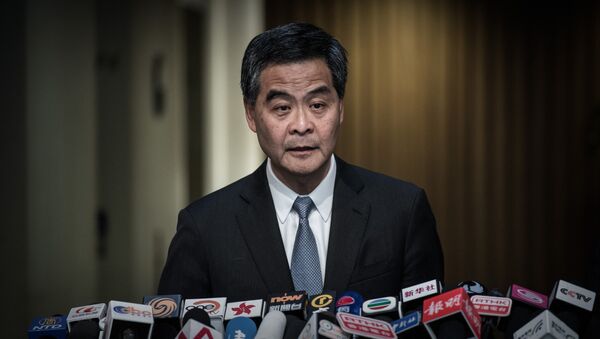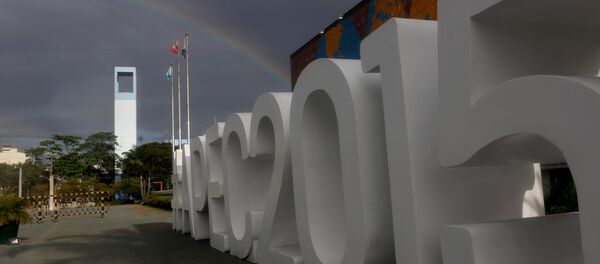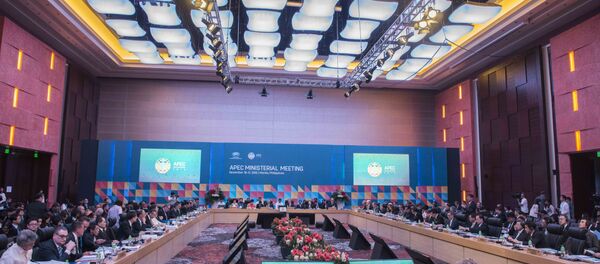On October 5, 12 Pacific Rim nations reached an agreement on the wording and subject matter of the hotly-debated TPP deal.
"Hong Kong is very much a rule-based economy and we welcome rule based trade arrangements with other economies. But at the same time I think the TPP has taken a high benchmark approach and these high benchmarks and high standards could become rigid," Leung Chun-ying said at the APEC CEO summit in Manila.
He added that Asian economies, diverse in nature, are dominated by small- and medium-sized enterprises and TPP could become inflexible when applied to local reality.
Leung Chun-ying also stated that despite the suspension of World Trade Organization (WTO) Doha Development Agenda negotiations, WTO should remain as an important regulatory trading system.
"Despite the failure of the WTO, I do see the significance and the importance of having a regulatory trading system such as the WTO, it is very important, the authority that the WTO provides, so I think we shouldn't give up on the WTO," Leung Chun-ying said.
The failure of the Doha round prompted the United States, the European Union and a number of the Pacific and Latin American states to launch secret regional talks on the liberalization of deregulated trade and services (TTIP, TPP or TiSA) outside of the WTO.
The TPP will sharply deregulate trade among the signatories, which together make up 40 percent of the world economy.
The unusual secrecy surrounding the negotiations of the TPP, and the uncertain implications of the deal for workers’ rights, national sovereignty, employment, copyright and the environment have drawn strong criticism from lawmakers, economics experts and the public.
Parties to the TPP agreement are the United States, Australia, Brunei, Canada, Chile, Japan, Malaysia, Mexico, New Zealand, Peru, Singapore and Vietnam.



